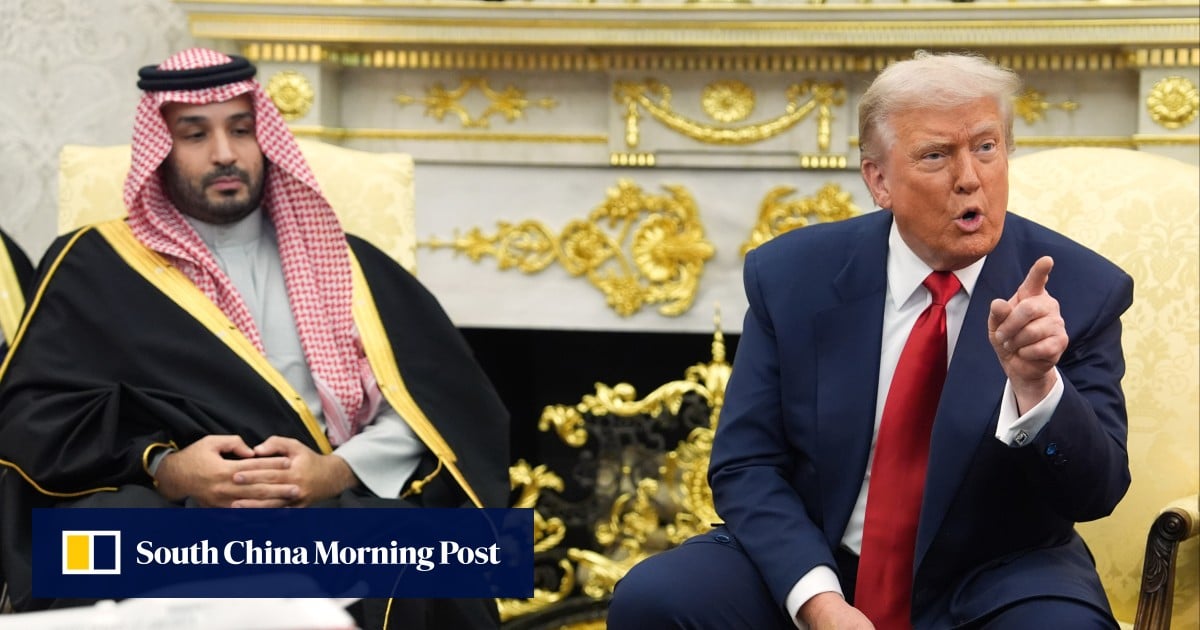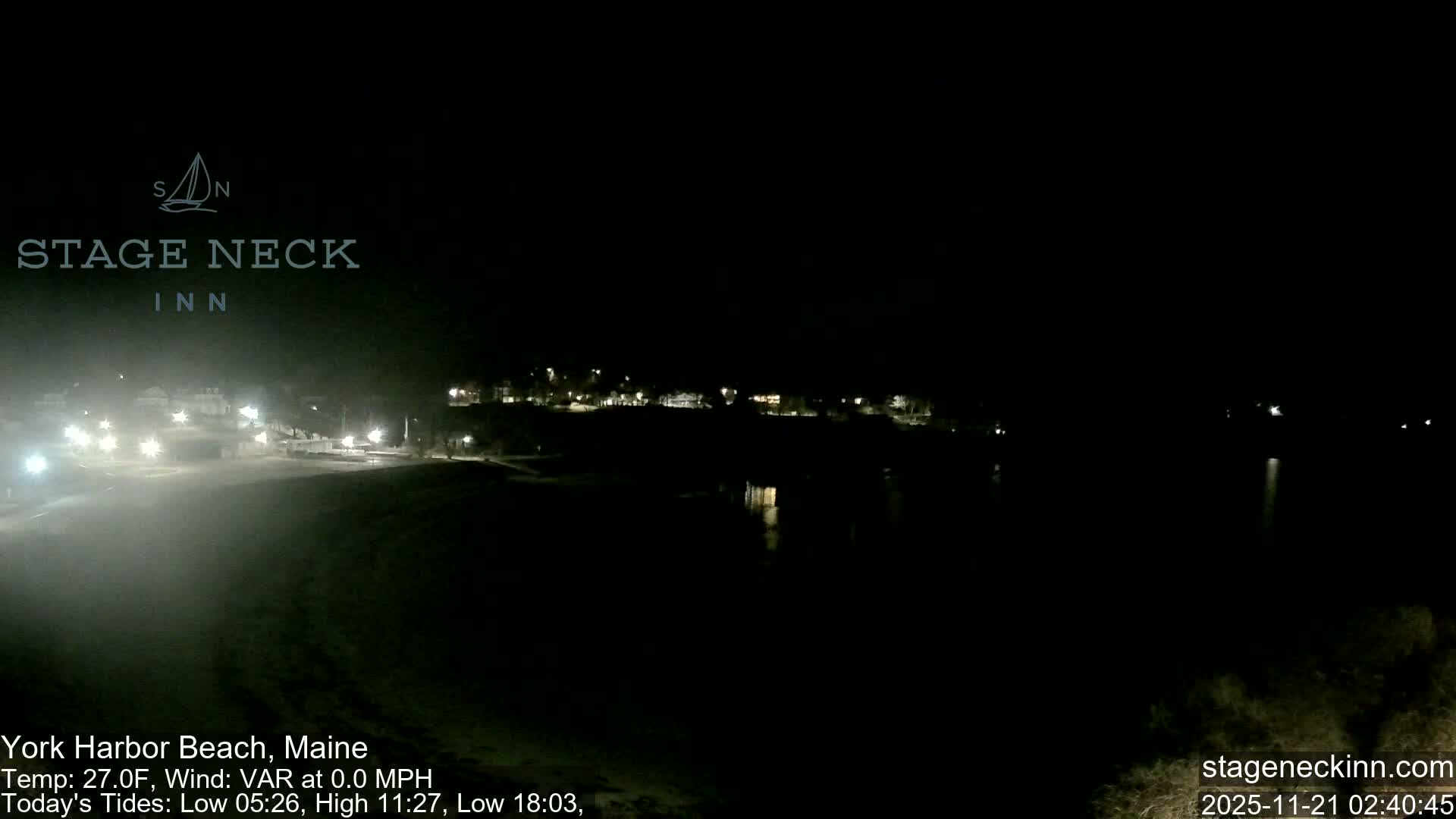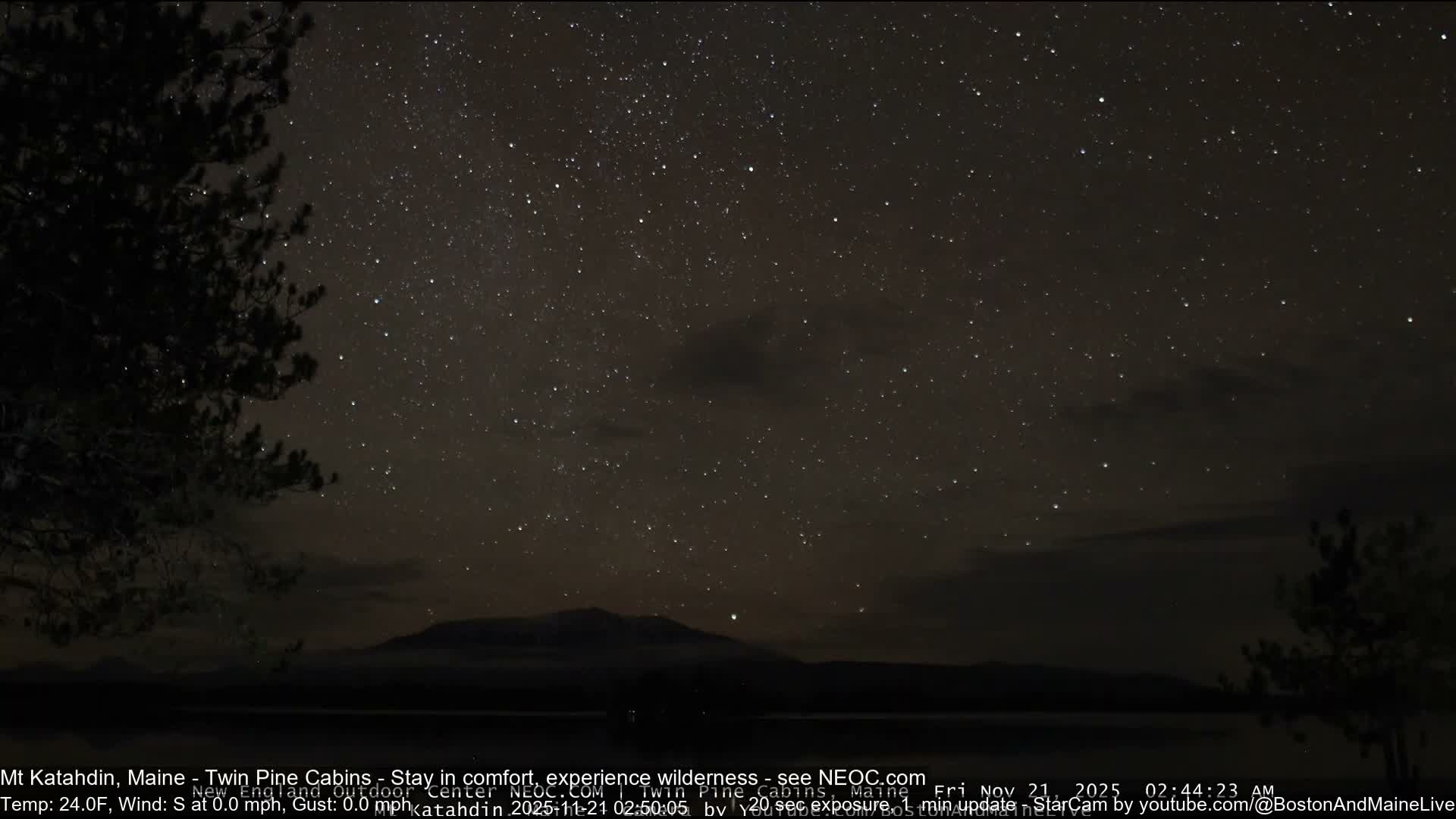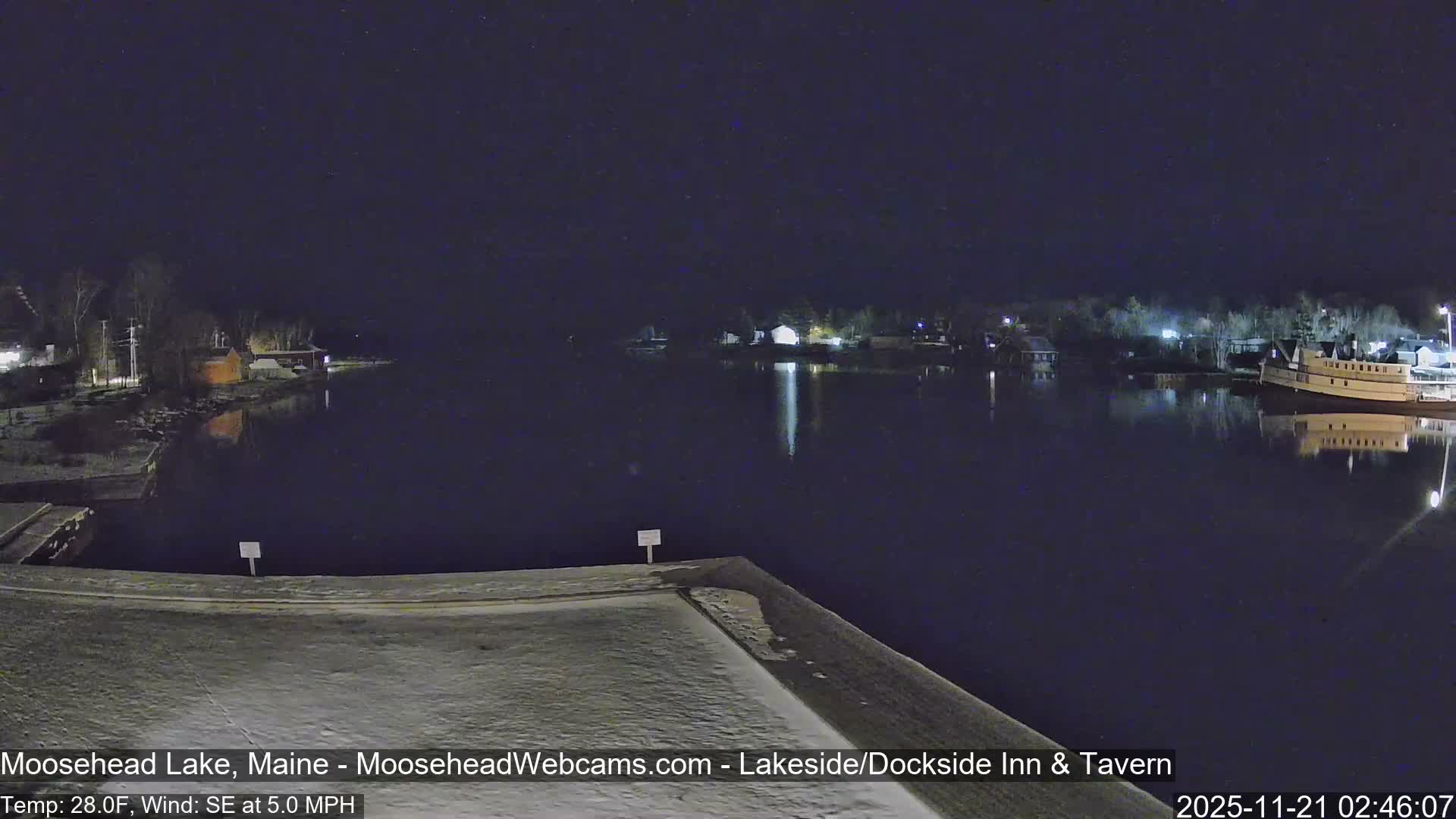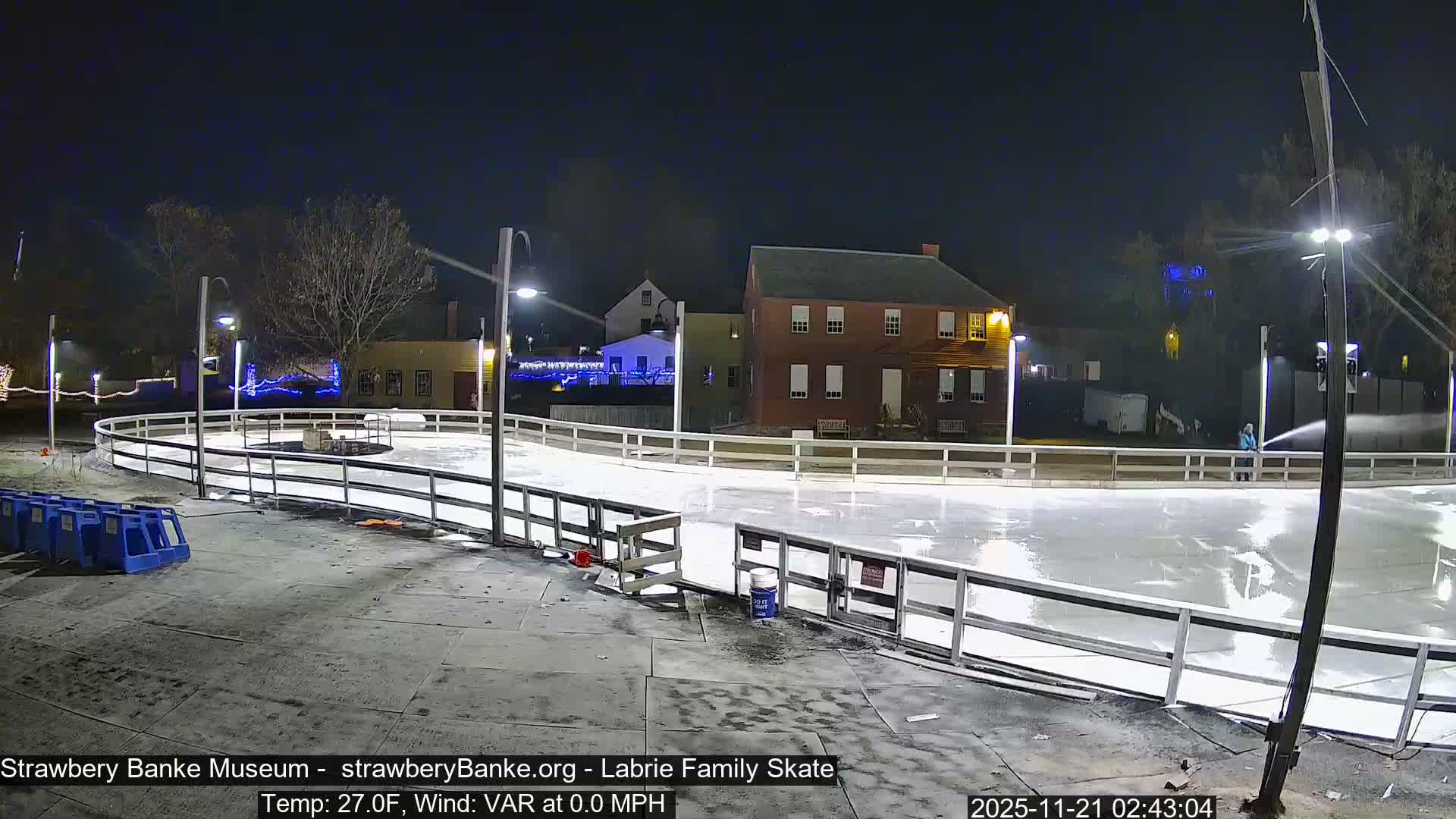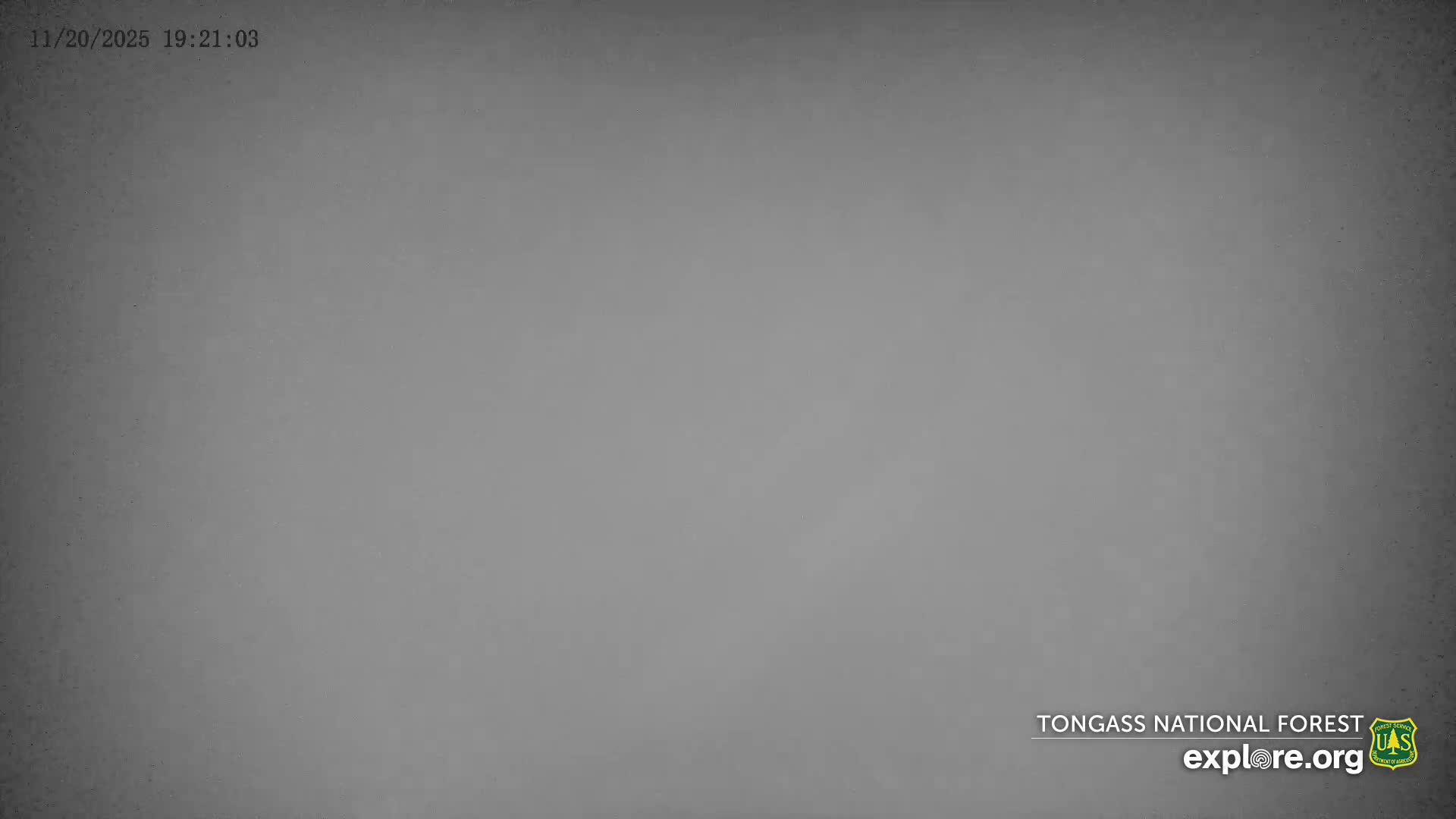Trump Pressures FCC to Review, Revoke ABC Licenses Over Khashoggi Inquiry and Kimmel Comments
The White House significantly intensified its public criticism of ABC News following a pointed admonishment from former U.S. President Donald Trump. The controversy ignited after an ABC News correspondent directly questioned Saudi Arabia’s Crown Prince Mohammed bin Salman about the 2018 assassination of Washington Post columnist Jamal Khashoggi.
Call for License Revocation
President Trump characterized the reporter's inquiry as "insubordinate" and subsequently called upon the Federal Communications Commission (FCC) to revoke the broadcast licenses of all Disney-owned ABC stations. This provocative suggestion emerged concurrently with the FCC's announcement of a comprehensive review into existing agreements between national networks and their local broadcast affiliates. Brendan Carr, the FCC Chair and a Republican appointee, clarified that this review would specifically investigate the circumstances under which local stations might exercise their option to decline airing certain programming, particularly on grounds related to public interest.
It is important to note that the FCC operates as an independent federal agency, responsible for issuing eight-year licenses directly to individual broadcast stations, rather than to entire networks.
White House Accusations and ABC's Silence
A broader offensive was launched via an email disseminated by the White House press office, which controversially labeled ABC News a "Democratic spin operation masquerading as a broadcast network." This message included a detailed list of grievances against the network, reportedly spanning from 2017, and explicitly accused ABC News of engaging in a "war" against the president and the millions of Americans who voted him into office. In response to these significant allegations, ABC News, which is a subsidiary of the Disney conglomerate, elected to decline comment.
Prior Programming Controversies
This isn't the first instance where programming decisions by ABC affiliates have sparked public debate. Last September, FCC Chair Carr publicly praised two prominent broadcast owners, Sinclair Broadcast Group and Nexstar Media Group. These companies had made the decision, albeit briefly, not to air Jimmy Kimmel Live! on their collective 70 ABC-affiliated stations, which together cover nearly a quarter of U.S. households, following various comments made by the popular TV host. This context is particularly relevant as Nexstar Media Group is currently awaiting crucial FCC approval for its substantial US$3.54 billion proposed acquisition of Tegna, having formally submitted its application to the agency.

